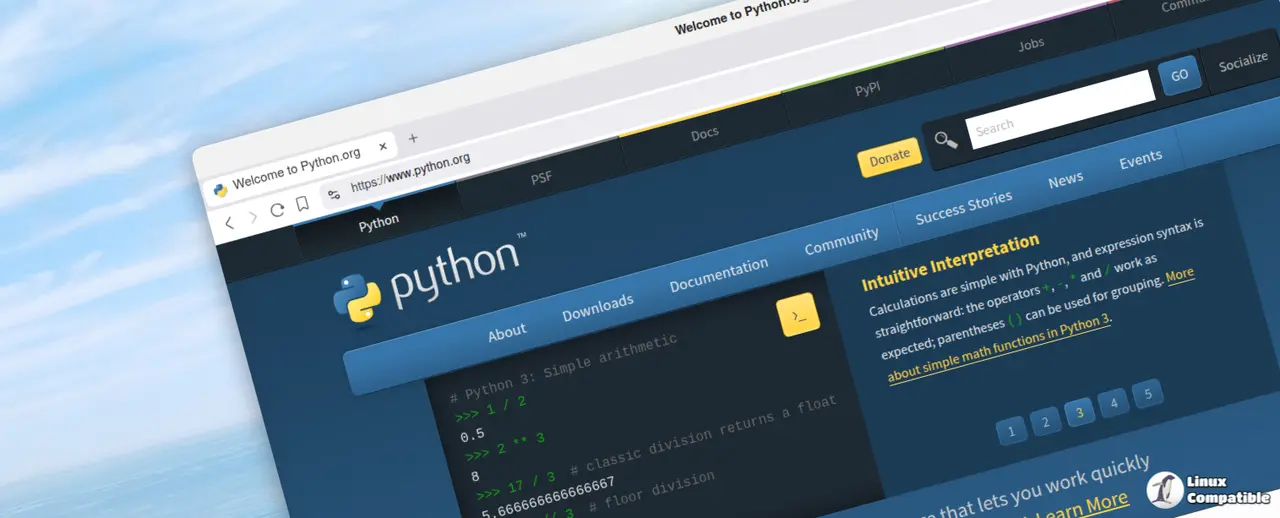Other notable additions comprise the introduction of simplified exception handling expressions, enhanced syntax highlighting in the PyREPL (Python Read-Eval-Print Loop), and a robust external debugger interface aimed at CPython. Python 3.14 also expands support for UUID versions 6-8, offers improved error messages, and incorporates a built-in HMAC implementation with formally verified code.
As Python moves through the release candidate phase, only critical bug fixes will be permitted until the final release, scheduled for October 7, 2025. The next release candidate, 3.14.0rc2, is anticipated on August 26, 2025.
The release signifies a commitment to stability, as no Application Binary Interface (ABI) changes will occur from this point forward. Developers are encouraged to review the changes and provide feedback, particularly if they notice any significant features that are absent from the current update.
In summary, Python 3.14 RC1 marks a crucial step towards enhancing Python's capabilities, making it more efficient and user-friendly, while preparing for its final release in the upcoming months. Users and developers alike can look forward to leveraging these advancements to improve their coding experience and project outcomes. For a comprehensive breakdown of all features and changes, the official Python documentation provides further details
Python 3.14 RC1 released
The first release candidate for Python 3.14 has been released, featuring new features such as free-threaded Python, deferred evaluation of type annotations, template string literals, multiple interpreters in stdlib, compression.zstd, except and except* expressions, syntax highlighting in PyREPL, a zero-overhead external debugger interface for CPython, support for UUID versions 6-8, and a new C API for configuring Python. It also includes improved error messages, built-in implementation of HMAC, and a new command-line interface for inspecting running Python processes.


